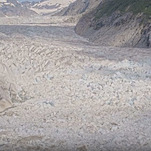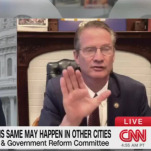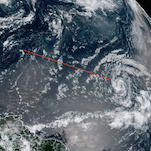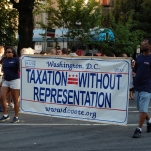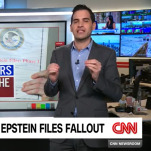Pornhub is cracking down on revenge porn
Pornhub, the very NSFW adult site where users can upload their own porn, winds up inadvertently hosting a lot of the Internet’s so-called ‘revenge porn.’ And if you’re a victim of revenge porn, getting those videos taken down is often a major pain. But today Pornhub announced what it’s calling an “preemptive strike” against involuntary porn: a newly streamlined process that makes it easier to request non-consensual pornography be taken down.
Pornhub is only the latest company to step up its efforts to crack down on revenge porn. Over the past year, Google announced it would at long last remove non-consensual nude images from search results and Reddit, Twitter and Facebook all announced a ban on revenge porn, too. More than 20 states now have laws on the books making revenge porn a crime and California Congresswoman Jackie Speier plans to introduce a federal law to ban revenge porn nationally.
Pornhub, which has 60 million visitors a day, said last year in a Reddit AMA that it “very often” receives revenge porn take-down requests. Previously, requesting a video be removed required a victim to send an e-mail to the site. As of today, Pornhub now has a specific form (NSFW) that victims of revenge porn can fill out to request a video be taken down. Unlike other major porn websites, Pornhub won’t require government ID to request a video to be taken down, allowing anyone to anonymously report a video. The company said this will make the process more efficient and effective.
“Being a revenge porn victim is embarrassing enough as it is. We would rather not make the reporting process equally awkward, or make people feel apprehensive about approaching us to begin with,” Pornhub Vice President Corey Price told The Verge.
-

-

-

-

-

-

-

-

-

-

-

-

-

-

-

-

-

-

-

-

-

-

-

-

-

-

-

-

-

-

-

-

-

-

-

-

-

-

-

-

-

-

-

-

-

-

-

-

-

-

-

-

-

-

-

-

-

-

-

-

-

-

-

-

-

-

-

-

-

-

-

-

-

-

-

-

-

-

-

-

-

-

-

-

-

-

-

-

-

-

-

-

-

-

-

-

-

-

-

-

-

-

-

-

-

-

-

-



































































































